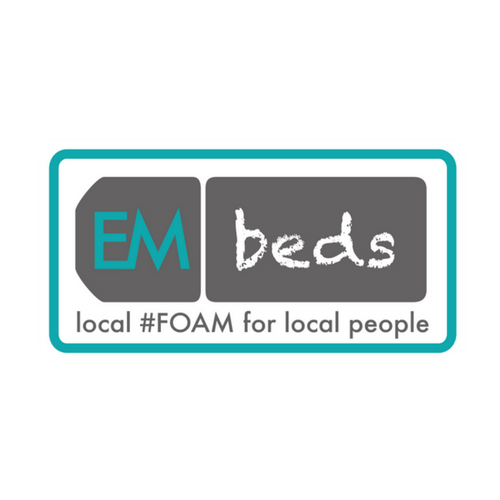Emergency Medicine is a challenging environment, balancing patient needs, time constraints and systems pressures. When this intensifies as responsible clinicians we can ALL feel frustrated, and this can lead to Rudeness. Which, far from rectifying the issues has been show to only exacerbate the issues.
1. How Rudeness effects US
2. Prevention WE can use
It is natural to feel frustrated when something is perceived as “going wrong”, and we shouldn’t ignore issues for “the sake of civility”. However, when we do address issues we need to be mindful, not only of what we say, but our body language and where we say it.
- Calmly confront the issue
- Understand each other’s position – YOU probably don’t have ALL the facts and nor do they
- Define the problem
- Search for solutions
- Agree upon and implement the best course of action
If there’s NO Agreement don’t argue escalate to your manager!
3. Actions WE can take
Firstly incivility is not acceptable and should be reported. However, for most of us witnessing incivility we naturally find it easier to be passive. This doesn’t support the victim, yourself and other witnesses or the perpetrator. At even the simplest level on the pyramid 00 the “informal cup of coffee” can be effective 90% of the time at stopping and preventing future episodes.
A simple chat with the perpetrator will not only support both victim and witnesses, by demonstrating this is not acceptable. But the perpetrator can express and resolve the original trigger, and makes it clear that that behaviour is not acceptable (even without saying that explicitly).
Obviously, if that behaviour has been serious or persistent formal actions can be taken quickly, especially when low level behaviours are tackled and thus prevented at source.


